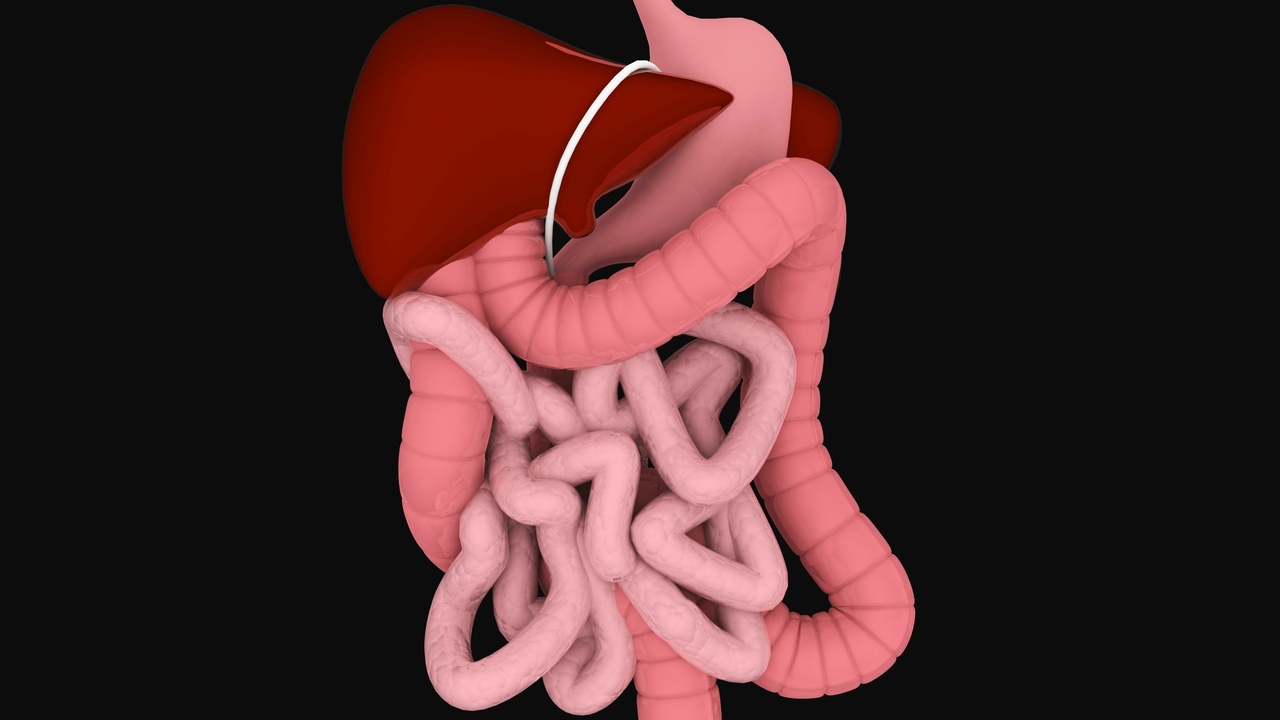
Rheumatoid arthritis (RA) is an autoimmune disorder that generally affects the lining of the small joints in the hands and feet. RA causes painful swelling, which over time can cause bones to erode and joints to become deformed.
But these joint problems, as difficult and limiting as they are, are not the only challenges that are introduced by RA. Rheumatoid nodules (bumps of tissue under the skin of the arms) as well as fatigue and fevers often accompany this inflammatory condition.
Women are twice as likely to develop rheumatoid arthritis as men. Onset usually hits between 40 and 60 years of age.
In an autoimmune disorder, the immune system does not differentiate between healthy cells and invaders. The immune system consequently attacks its own cells. Autoimmune diseases can run in families.
According to the National Institutes of Health, African-American, Hispanic-American and Native American women are at greater risk than other people for autoimmune disorders. There are over eighty known types of autoimmune disorders at this time.
Our health and well-being is inextricably linked to some of the microorganisms that live in the gut. We need them to get sustenance from the food we eat, and to protect us from toxins.
But some bacteria that take up residence in the gut can wreak substantial damage to the immune system. According to the June 25, 2010 issue of the journal Immunity, research from Harvard Medical School and New York University has identified segmented filamentous bacteria as a species of bacteria that can initiate a malevolent domino effect culminating in rheumatoid arthritis.
The June 22, 2010, online issue of Scientific American stated that rheumatoid arthritis has been believed to be associated with pathogens like cytomegalovirus, Epstein-Barr virus, mycoplasma bacteria, parvovirus and rubella (German measles) virus. A pathogen is a biological agent that sickens its host.
The new research points to microorganism like the SFB as having significant influence on the development of autoimmune disease. However, it is possible that SFB is not entirely responsible for this development, but rather, the presence of SFB may merely accelerate the progression of the autoimmune condition.
Illnesses like irritable bowel syndrome have been associated with bacteria in the gut. The researchers were surprised to discover that gut-residing bacteria even have impact on tissues far removed from the area of the gut, paving the way for autoimmune disease. Now it appears that bacteria in the gut can also play a role in joint pain and inflammation.
Resources:
Gut-residing bacteria trigger arthritis in genetically-susceptible individuals
http://hms.harvard.edu/public/news/2010/061710_mathis.html
When Good Germs Go Bad: "Friendly" Gut Bacteria Can Trigger Rheumatoid Arthritis in Mice
http://www.scientificamerican.com/article.cfm?id=gut-bacteria-can-trigger-rheumatoid-arthritis-in-mice
Rheumatoid arthritis
http://www.mayoclinic.com/health/rheumatoid-arthritis/DS00020
Autoimmune Diseases
http://www.nlm.nih.gov/medlineplus/autoimmunediseases.html
Pathogen
http://www.sciencedaily.com/articles/p/pathogen.htm
Visit Jody's website and blog at http://www.ncubator.ca and http://ncubator.ca/blogger






Add a CommentComments
There are no comments yet. Be the first one and get the conversation started!